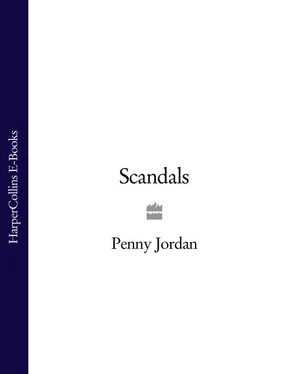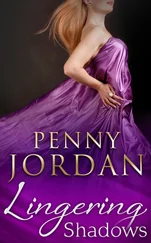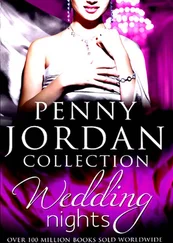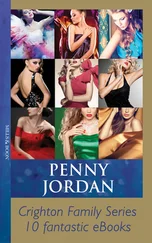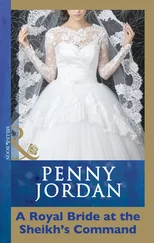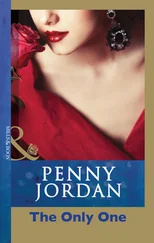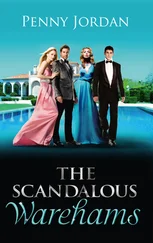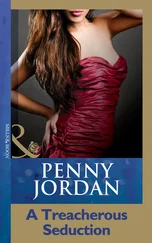Christmas kisses. She was in her mid-twenties and the last time she had had anything that came close to being labelled a ‘relationship’ had been during her first year at college. But she had her work, she reminded herself, and her ambitions, and of course her wonderful parents.
In London, at Lenchester House, the London home of the Dukes of Lenchester, the object of Olivia’s love was sitting in the library with his stepfather.
Drogo and Robert sat opposite one another at either side of the marble fireplace in the armchairs that had been commissioned from Hepplewhite by the third duke. Heavy silk velvet curtains in a rich shade of amber, woven especially at Denby Mill, home of Drogo’s wife’s family silk business, hung at the windows. The depth of their colour meant that the room was always filled with a warm golden glow, as though sunshine was pouring through the windows, no matter what the time of year.
The chairs were upholstered in a complementary pineapple-patterned cut velvet in amber and cream, the colour scheme originally chosen for the room by the previous duke, Lord Robert, in honour of his new bride, Amber. The Savonnerie carpet covering the parquet floor had been woven during the time of Napoleon Bonaparte, its colouring of deep gold and blue on a beige background a perfect foil for the curtain and chair fabrics. Drogo could well understand why Lord Robert had chosen such a colour scheme over the more traditional dark red so often used in such masculine rooms.
‘So now that you’ve been to Lauranto and had a chance to discuss things with your grandmother and her advisers, how do you feel about stepping into your late father’s shoes officially?’ Drogo asked his stepson.
How did he feel about it? Robert suspected that if he answered his stepfather’s question honestly, Drogo would not only not understand him but would also be concerned for him. To outsiders their situations might seem similar: Drogo too had stepped into an inheritance ance and title he had never expected to be his, and in a culture and a country that was alien to him. That, though, was where the similarities between their situations ended. Drogo hadn’t grown up knowing that he had been rejected as not good enough to inherit. He had not had to endure the childhood taunts and mockery that Robert had known because of that public rejection. He had not grown up having to accept that his father did not want him. So how could Drogo be expected to understand the savagely visceral feeling of satisfaction it gave him to have his grandmother courting him, with a view to him stepping into his late father’s shoes, even if only because she had no choice as there was no one else? How could he expect Drogo to understand how much he now wanted what he was being offered, when he had not known himself until the first letter had been sent and the first approach to him made? It was his birthright, and he felt that a wrong had been righted by a higher authority than that of his father or his paternal grandmother, but above all, he was determined to prove that as Crown Prince of Lauranto he could be better than any Crown Prince before him, and certainly better than the father who had rejected him. That was what was driving him now – not altruism, which would probably have motivated both his stepfather and his grandfather, not Lauranto itself and its people, but ambition. He wanted this for the child who had been dismissed as unworthy even before his birth, and who had gone unwanted and unrecognised until desperation had forced his grandmother to recognise him.
He would make Lauranto his. He would stamp his personality on it, so that in future Lauranto would be him, and so that future generations would say that he had taken Lauranto to its greatest heights. He would leave his mark on it in everything he did, from its architecture, to its finances and its laws, and ultimately via the sons he would give it. No, his stepfather would not understand how he was now relishing the driving thoughts of retribution and triumph.
Drogo studied his stepson as he waited for his response. Tall, with thick dark hair, brilliantly blue eyes, and an almost classically perfect profile, with a strong jaw, neat ears and a well-shaped nose, Robert combined the good looks of both his parents, although his temperament was very different from that of his mother. Robert had a tendency to withdraw into himself and shut others out, and sometimes it seemed to Drogo that his stepson was at war with himself.
‘It will be a challenge,’ Robert answered him, having weighed up how much to say to his stepfather. Alessandro –’ Robert gave a dismissive shrug – ‘I just can’t think of him as my father. You’ve always been that, Dad, and there’s no way I’d ever want to change that – I suspect that Alessandro was something of a lightweight and dominated by his mother. He was a figurehead who allowed others to run the country for him. The country needs modernising and that will be a huge challenge. My grandmother and her advisers are absolutely dead set against any kind of change. The country is run on almost feudal lines, with the poorest treated almost like serfs, especially those working on the estates belonging to the clique of barons favoured by my grandmother. The children of these workers leave school at fourteen to work on the land, whilst the children of the “nobility”, and the very small professional and middle class, are in the main educated abroad. There is no crossing of social lines. The court lives by a formal routine more suited to the Victorian age than ours; the exchequer is almost empty. All that will have to change.’
‘Have you told the Dowager Princess how you feel?’
‘Not yet. We have agreed to have further meetings in February. By then I should have formulated my terms for accepting the Crown.’
‘So you do intend to accept it?’
‘I don’t see that I have any option.’ That much was true, although Robert knew that Drogo would interpret his statement as meaning that he felt he had a duty to step into his father’s shoes for the sake of the people, rather than because he had a driving need to take up the challenge for himself.
‘Oh, Robert, no. I can’t believe you are giving in to that old harridan and letting her persuade you into accepting the Crown, after the way she’s behaved,’ Emerald announced coming into the library in time to hear Robert’s comment.
She went over to kiss the top of Drogo’s head. ‘And I can’t believe how difficult it is to get this family organised. I’ve had to take Jamie out this morning and buy him new Wellingtons, he’s grown so much whilst he’s been at Eton. Emma is still fussing about what she’s going to take to Italy with her when she goes back there with Polly after the Christmas holiday, Katie isn’t even home from Oxford yet, and we’re supposed to be leaving for Macclesfield tomorrow morning.’ Whilst Drogo smiled indulgently at his wife, Emerald warned her elder son, ‘It’s your decision – I know that, darling – but once she’s got her claws into you Alessandro’s mother won’t rest until she’s taken over every aspect of your life, including finding you a wife. All she wants you for is to produce future heirs.’
Robert smiled, looking unfazed by his mother’s comment. Emerald sighed inwardly: why was it that her eldest child, conceived in the wild passion of her youth, should be so lacking in that wild passion himself? Like any mother she wanted to protect her children from emotional pain, but sometimes she found herself almost wishing that Robert would fall passionately and even hopelessly in love, if only so that he would know what passion was. Emerald couldn’t imagine how anyone’s life could be fulfilling without having tasted that emotion, even though as a mother that wasn’t something she would ever say to her children, especially not to Robert, who sometimes looked at her as though he was the older and wiser of the two.
Читать дальше
